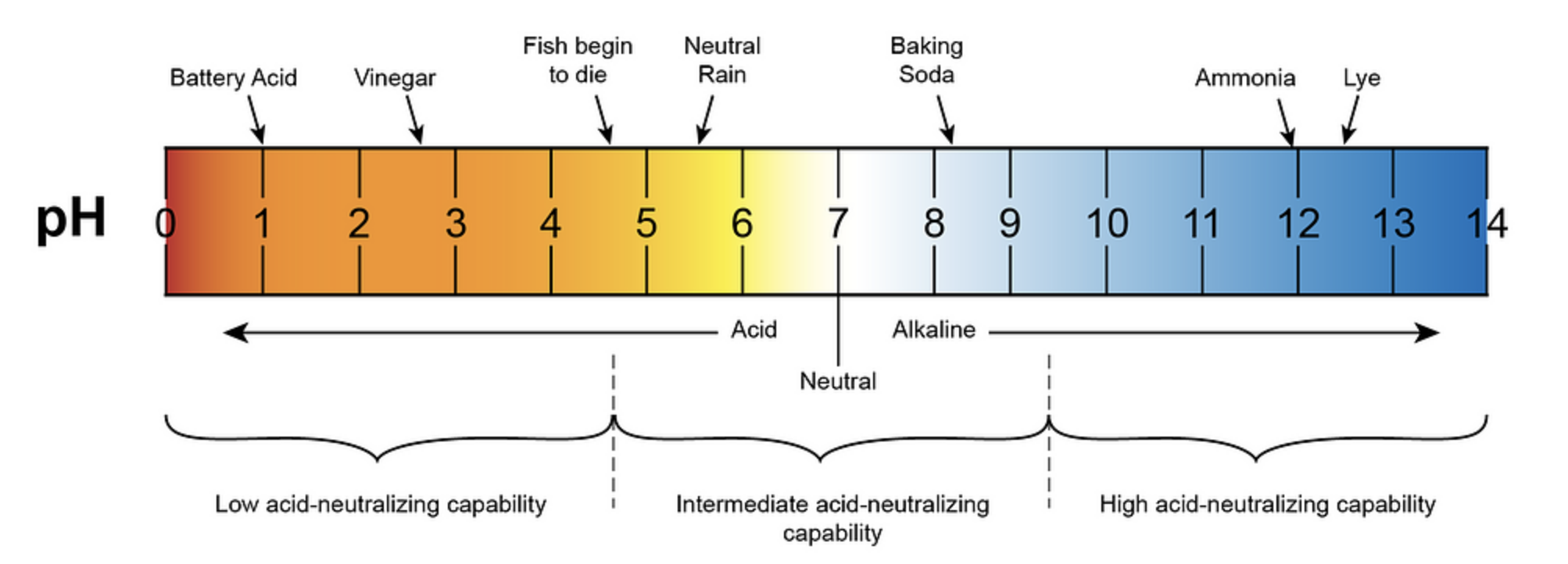The pH value of electrolyte water typically ranges from 6 or lower, making it slightly acidic. This is due to the presence of added electrolytes such as sodium, potassium, magnesium, and calcium, which are essential for improving athletic performance, speeding up recovery, preventing muscle cramps, and reducing fatigue. Electrolyte water is generally healthier than sports drinks as it has a lower calorie and sugar content.
Understanding the pH of Electrolyte Water
Electrolyte water is a popular choice for individuals seeking to maintain optimal hydration and replenish essential minerals. The slightly acidic pH of electrolyte water is a result of the added electrolytes, which can help regulate the body’s fluid balance and support various physiological functions.
Electrolyte Composition and pH
The primary electrolytes found in electrolyte water are:
- Sodium (Na+)
- Potassium (K+)
- Magnesium (Mg2+)
- Calcium (Ca2+)
These electrolytes are added to the water to help replace the minerals lost through sweat during physical activity or in hot environments. The presence of these charged particles can contribute to the slightly acidic pH of the water, typically ranging from 6 or lower.
Balancing Acidity
While the acidic pH of electrolyte water is generally not a concern for most individuals, it’s essential to be mindful of the balance. Excessive acidity can lead to potential health issues, such as:
- Disruption of the body’s natural pH balance
- Increased risk of stomach discomfort or digestive issues
- Potential impact on bone health and mineral absorption
To balance the pH of electrolyte water, you can add alkaline substances like baking soda or lemon juice, adjusting the quantity based on the desired pH level. However, it’s crucial to monitor your body’s response and avoid excessive consumption of either type of water to prevent imbalances.
Electrolyte Water vs. Alkaline Water
When choosing between electrolyte water and alkaline water, it’s essential to consider your specific needs and health goals.
Electrolyte Water
Electrolyte water is recommended for active individuals seeking optimal performance, as it helps replenish the minerals lost through sweat and supports various physiological functions. It’s particularly beneficial for:
- Athletes and physically active individuals
- Those experiencing muscle cramps or fatigue
- Individuals in hot or humid environments
Alkaline Water
Alkaline water, on the other hand, has a higher pH level, usually around 8 or 9, and is believed to have potential health benefits such as:
- Neutralizing acidity
- Possessing antioxidants
- Enhancing hydration due to its smaller cluster size
Alkaline water may be worth exploring for those focused on general health and well-being, but it’s essential to consult a healthcare provider, especially if you have underlying health conditions.
Potential Contaminants and Alternatives
It’s important to be aware of potential contaminants, chemicals, and substances that may be present in electrolyte water, such as:
- Chlorine
- Fluoride
- Lead
- Mercury
- Other heavy metals
To address these concerns, consider using a high-quality water filter that removes impurities while preserving essential electrolytes.
As an alternative to commercial electrolyte water, you can also explore homemade electrolyte drinks using natural ingredients like:
- Coconut water
- Sea salt
- Honey
- Lemon juice
These remedies provide essential electrolytes and hydration without the added sugars and artificial ingredients found in many commercial sports drinks.
Conclusion
The pH of electrolyte water is a crucial factor to consider when choosing the right hydration solution. By understanding the slightly acidic nature of electrolyte water and the potential benefits and drawbacks of both electrolyte and alkaline water, you can make an informed decision that aligns with your specific health and hydration needs. Remember to consult with a healthcare professional for personalized guidance, and be mindful of potential contaminants and alternatives to ensure optimal hydration and well-being.
References
- Eternal Water. (n.d.). Alkaline Water vs. Electrolyte Water: Is There a Difference? Retrieved from https://www.eternalwater.com/blogs/news/alkaline-water-vs-electrolyte-water-is-there-a-difference
- Mayu Water. (2024-02-20). Electrolyte Water vs Alkaline Water: Which is Better for You? Retrieved from https://mayuwater.com/a/s/minerals/electrolyte-water-vs-alkaline-water-which-is-better-for-you
- Premium Waters. (2020-03-30). Alkaline Vs. Electrolyte Water: What is the Difference? Retrieved from https://premiumwaters.com/blog/alkaline-electrolyte-water-difference/.

